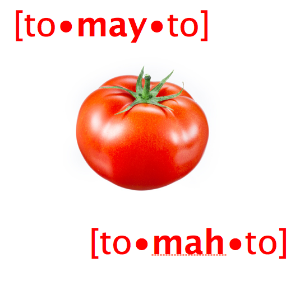Polish Woman Becomes U.S. Citizen
/Earlier this year, Barbara Kochanek, age 72, had a dream come true: she became a U.S. citizen. The previous year, she had all but given up on this dream. An immigrant from Poland, Barbara didn’t speak English very well and she was certain she couldn’t pass the citizenship test.
That was before workers at the International Institute of Metropolitan Detroit walked her through the process. They even picked her up—she doesn’t drive—and took her to appointments and even found a translator for her.
Barbara being interviewed by IIMD Executive Director Wojciech Zolnowski (Image via http://newamericamedia.org)
This came about because of a coalition of agencies called the Detroit New Americans Campaign provides pro bono assistance to help green card holders complete their applications for citizenship.
The best news of all: because she is a senior citizen, Barbara met the criteria to take her exam in Polish, her native language.
Ever since coming to the U.S., that had been her dream, to become a U.S. citizen.
In addition to the right to vote, there are scores of other benefits Barbara will no longer worry about: access to programs like Supplemental Security Income and Medicare, the ability to travel outside the U.S. on her passport, and many others, according to Susan Reed, supervising attorney with the Michigan Immigrant Rights Center.
Free citizenship workshops are offered in Metro Detroit. For more information, visit the website of the Detroit New Americans Campaign at detroitnac.org.
To apply for citizenship, you need:
• Permanent Resident Card (“Green Card”)
• Two passport photos
• Driver’s license or state ID
• Social Security number
• All marriage certificates and divorce records
• Children’s birth certificates (if they are permanent residents)
• List of residences for the past five years
• List of employers/schools for the past five years
• List of each trip taken outside the U.S.
• Check for $680, payable to the Department of Homeland Security
In the meantime, we offer a hearty welcome to Barbara Kochanek, one of our newest fellow citizens!












































